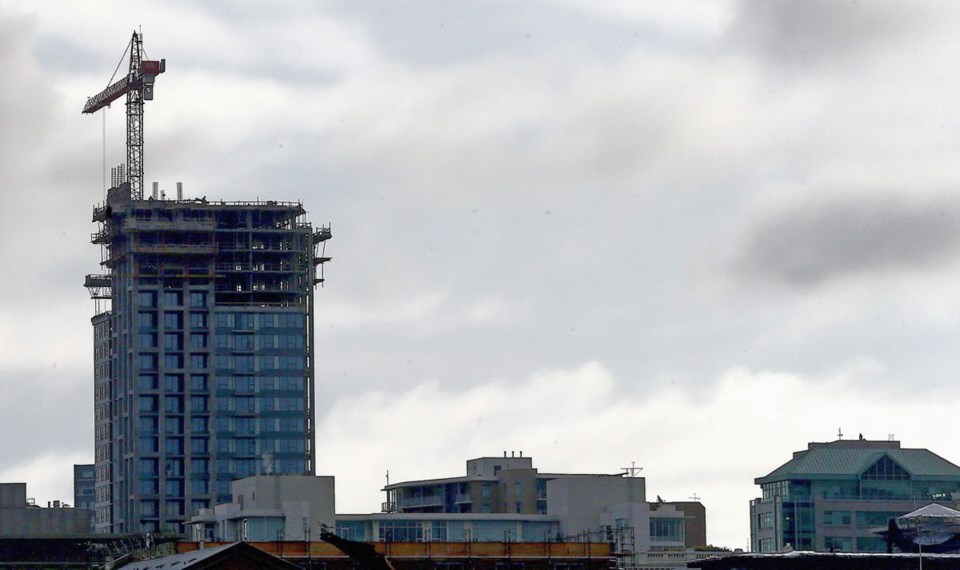Greater Victoria has the lowest unemployment rate in saąúĽĘ´«Ă˝ at 3.4% as the Canadian job market surged in December by gaining 35,200 jobs — mostly in Ontario and Quebec — and reversing some losses from November.
The capital region’s rate inched down from 3.5% in November. Quebec City is in second place with 3.5%, followed by Brantford, Ont., at 3.8%.
Employment climbed in Greater Victoria to 198,300 positions last month, from 196,600 in November, Statistics saąúĽĘ´«Ă˝ said in its monthly labour report.
At the same time, the labour force (those able to work) — rose to 205,200 in December from 203,700 in November, the federal agency said.
The capital region’s unemployment rate was lower in December 2018, at 3.2 per cent. The total number of people working has climbed by 5,700 over 12 months.
Over the past 12 months in Greater Victoria, jobs in the finance, insurance, real estate and leasing category grew from 7,000 to 8,900; information, culture and recreation jobs grew from 6,300 to 10,200 jobs; accommodation and food services jobs rose from 13,900 to 16,300; public administration jobs, representing workers in all levels of government from municipal to regional to provincial and federal, grew from21,300 to 28,400.
Declines were seen in health care and social service, sliding from 32,600 positions to 26,200. Retail and wholesale trade jobs also fell from 28,400 to 26,100.
British Columbia lost 7,700 jobs in December — more than any other province. It was the sixth time in seven months that saąúĽĘ´«Ă˝ had shed jobs.
Nationwide, however, the labour force added 35,000 jobs as Ontario (+20,400 jobs) and Quebec (+21,100 jobs) made sizeable gains.
Although job numbers fell sharply in saąúĽĘ´«Ă˝, the unemployment rate was still the lowest in saąúĽĘ´«Ă˝ at 4.8%, down 0.2 percentage points from a month earlier.
Bruce Ralston, saąúĽĘ´«Ă˝ Minister of Jobs, Trade and Technology, said British Columbians’ average wages increased by $1.52 an hour over the past year, the highest wage growth in saąúĽĘ´«Ă˝.
Nationally, the rebound in jobs last month helped offset November’s drop, which saw the biggest monthly loss since the financial crisis. The increase in the number of jobs came as the unemployment rate also fell to 5.6% compared with 5.9% in November when the country lost 71,200 jobs.
Statistics saąúĽĘ´«Ă˝ said the gain in jobs came as the number of private sector employees rose by 56,900, offset by a loss of 21,500 public sector jobs.
Full-time employment rose by 38,400 jobs, while the number of part-time jobs fell by 3,200.
Robert Kavcic, senior economist at BMO Capital Markets, said the jobs report will allow the Bank of saąúĽĘ´«Ă˝ to breathe easier, as the job market finished 2019 on a solid note following some weakness in October and November.
— With files from Glacier Media and The Canadian Press



